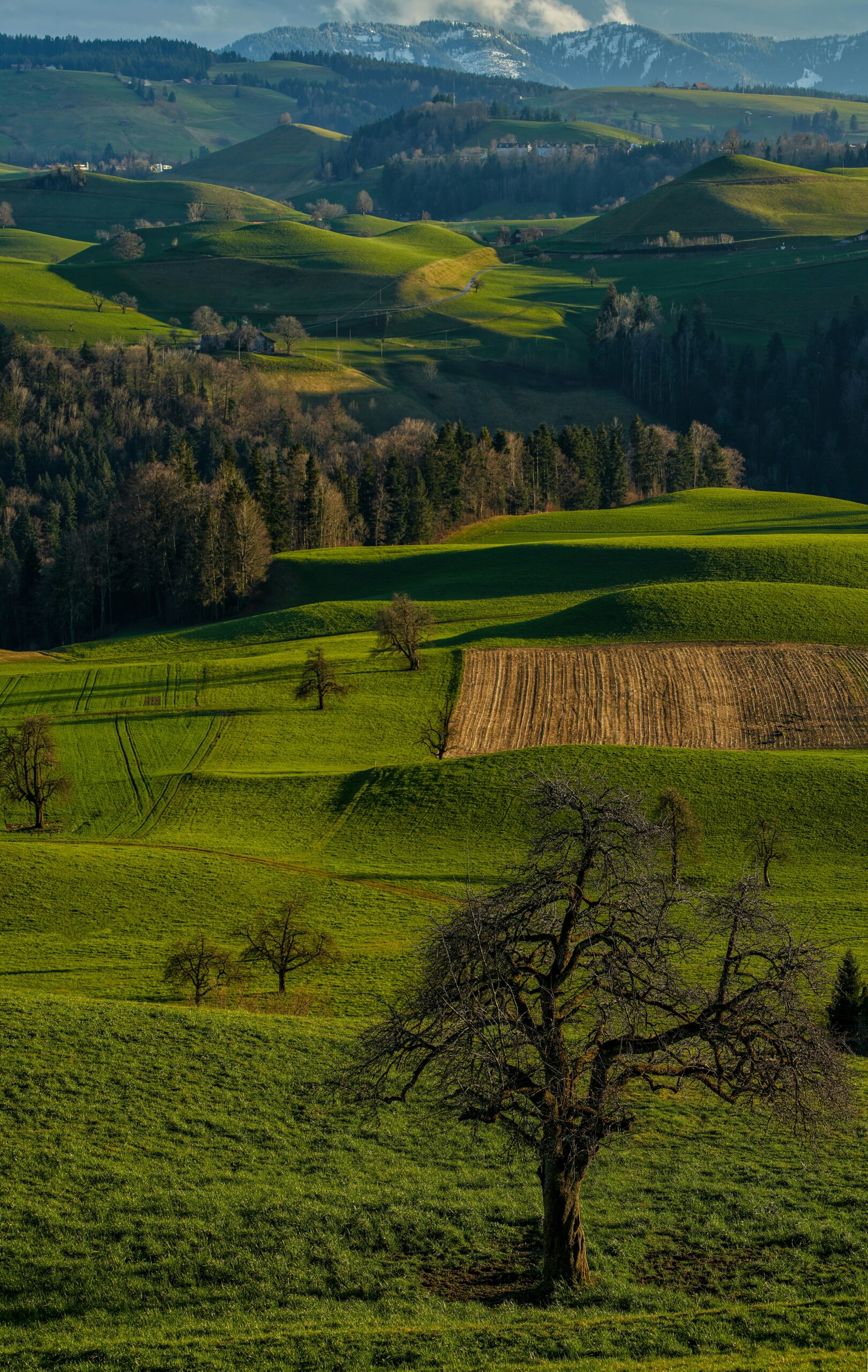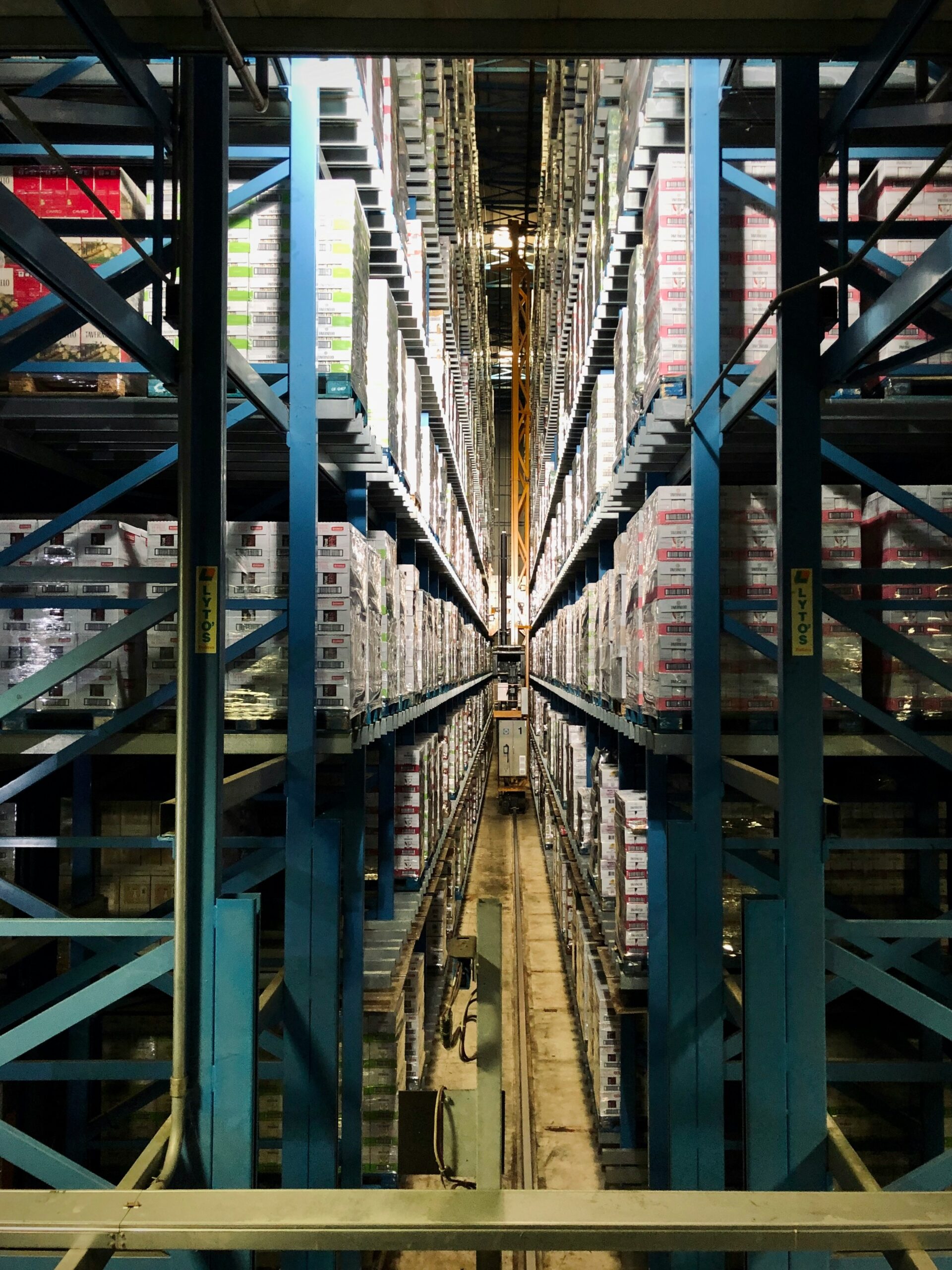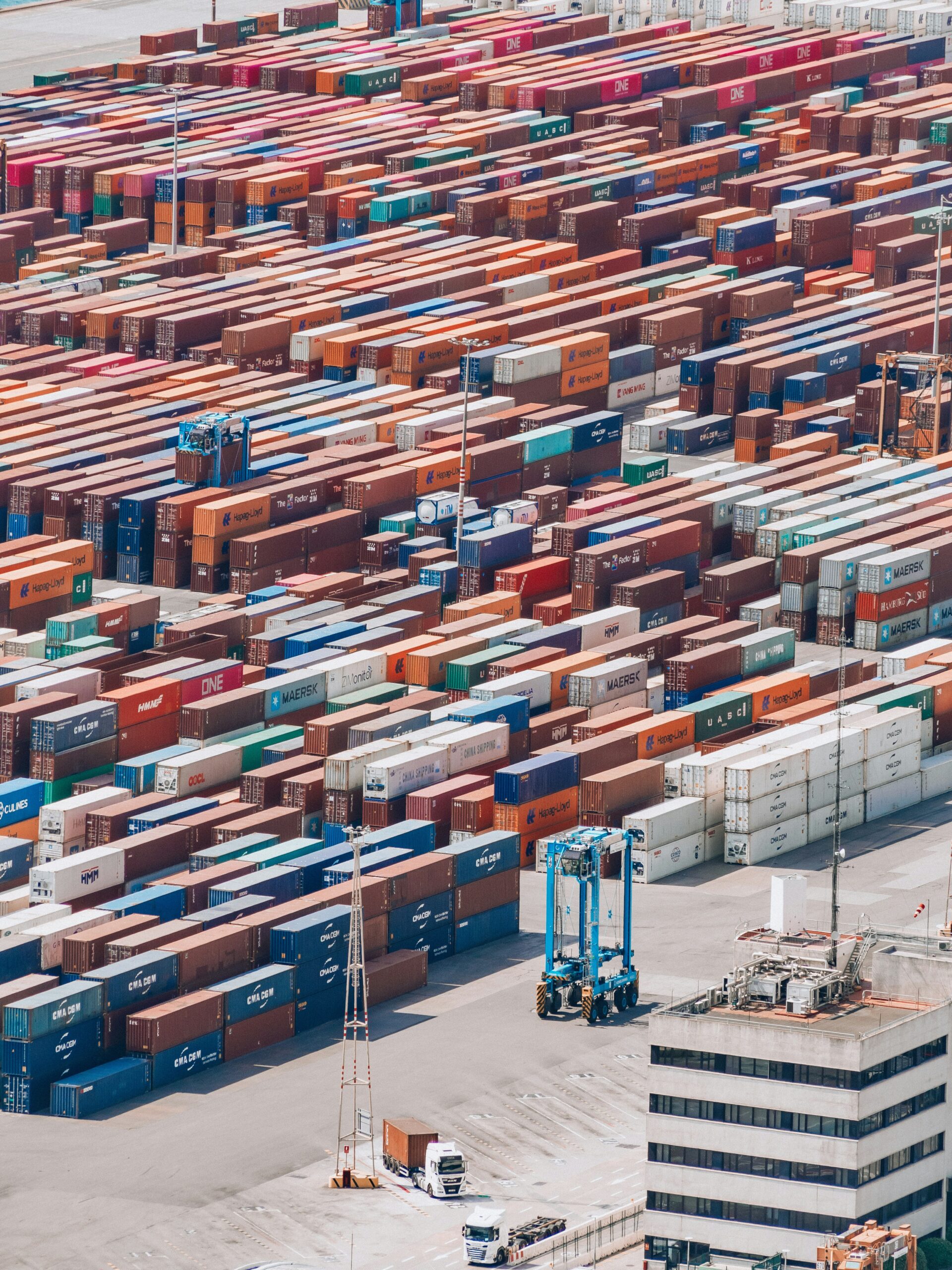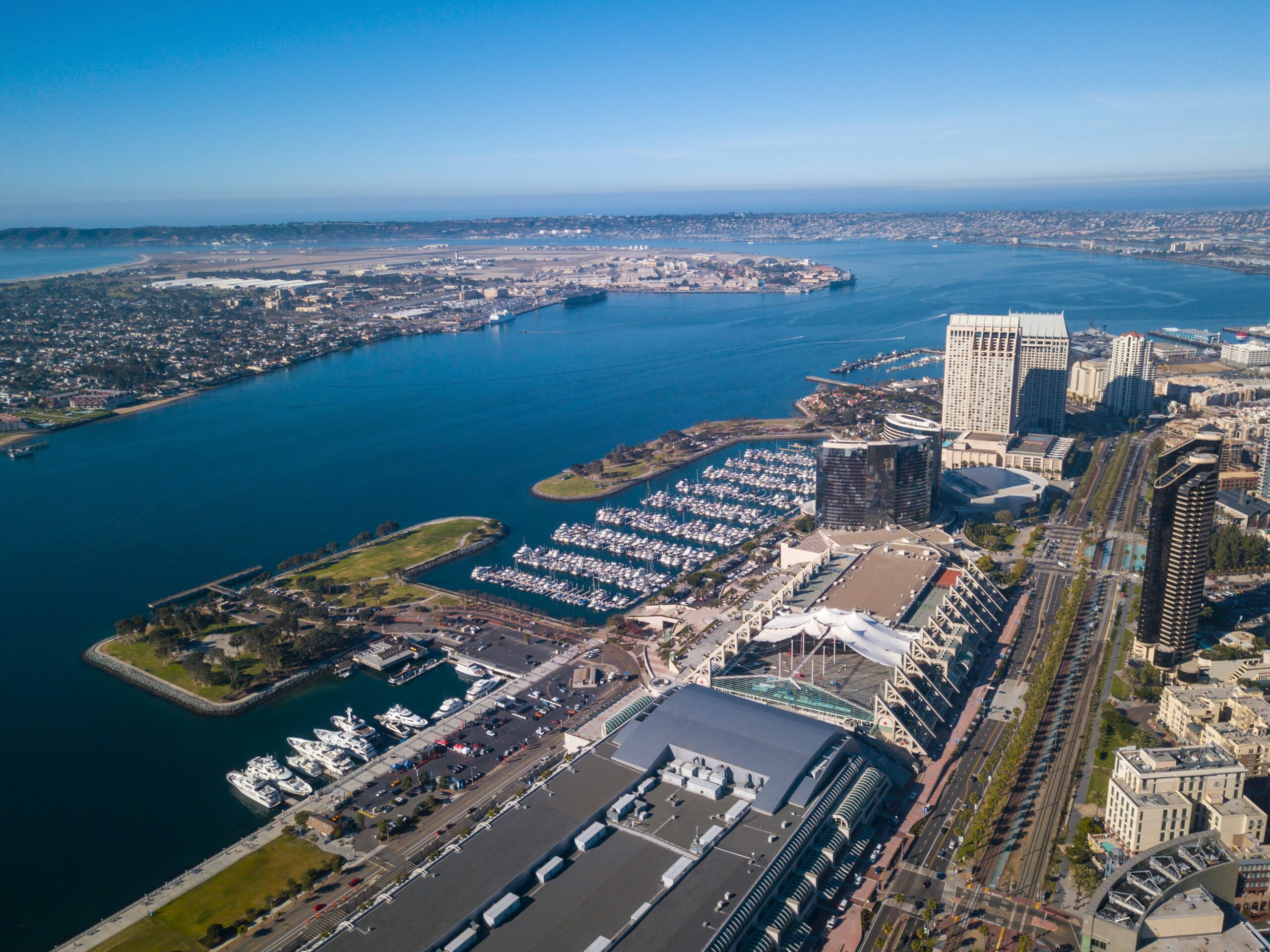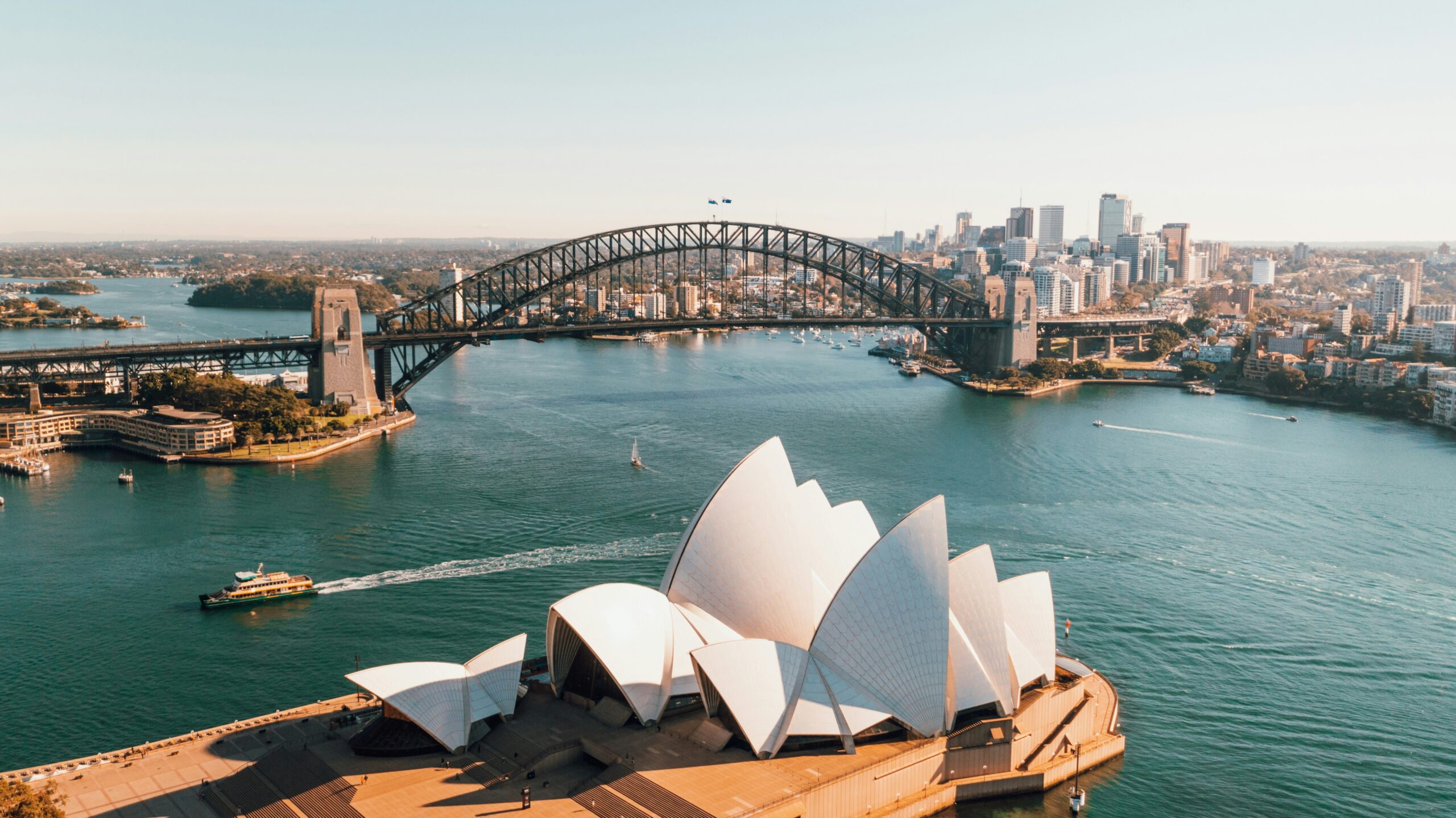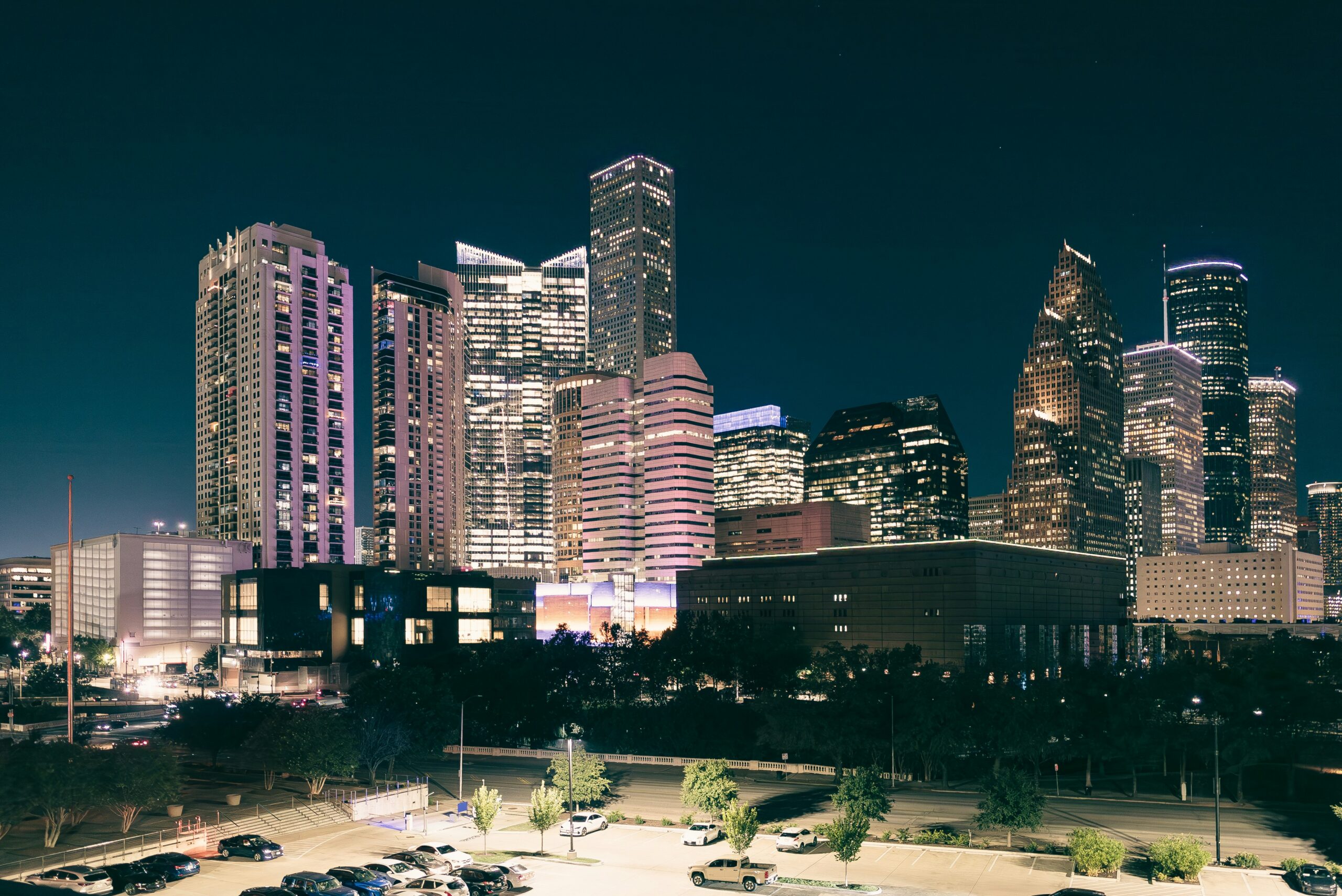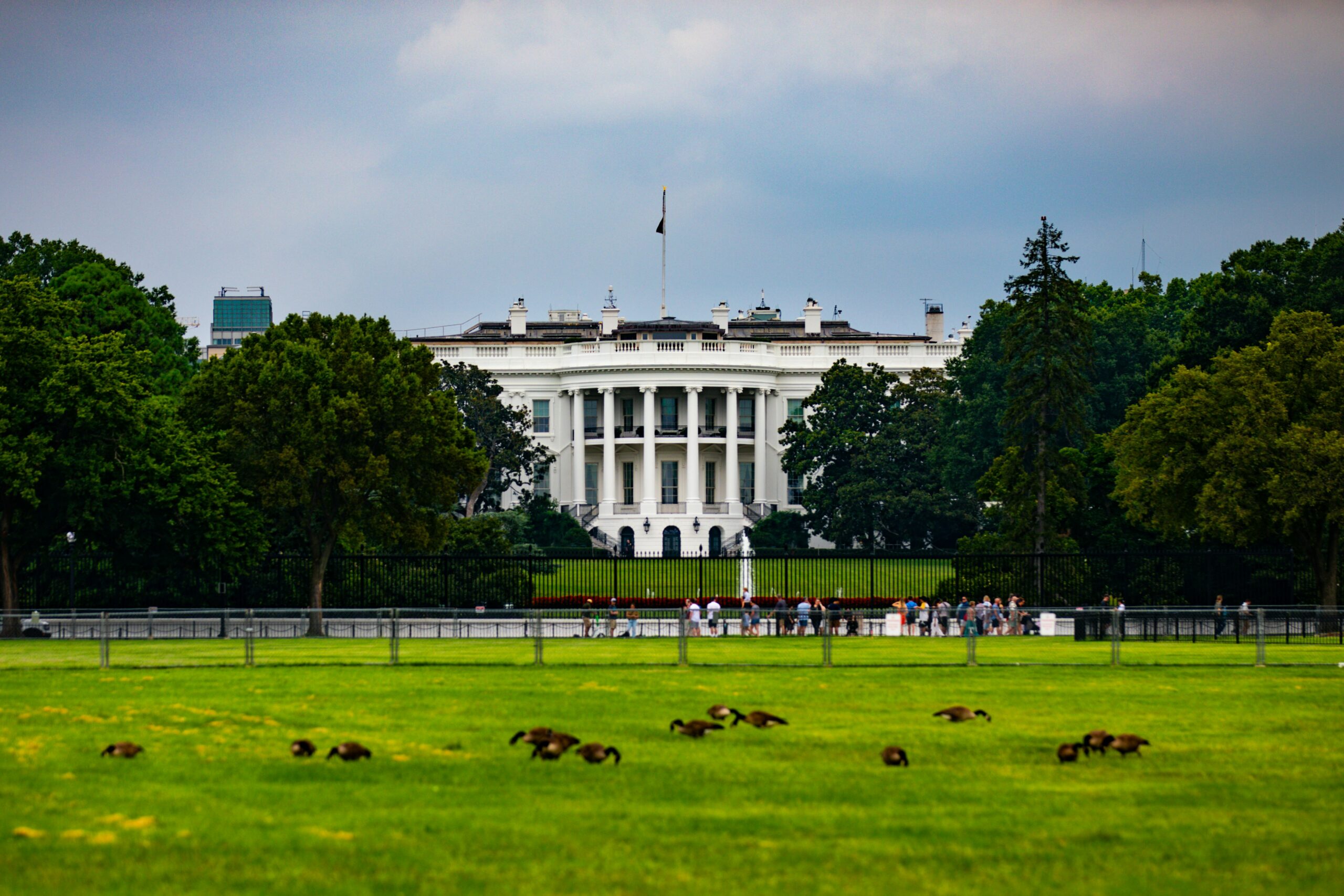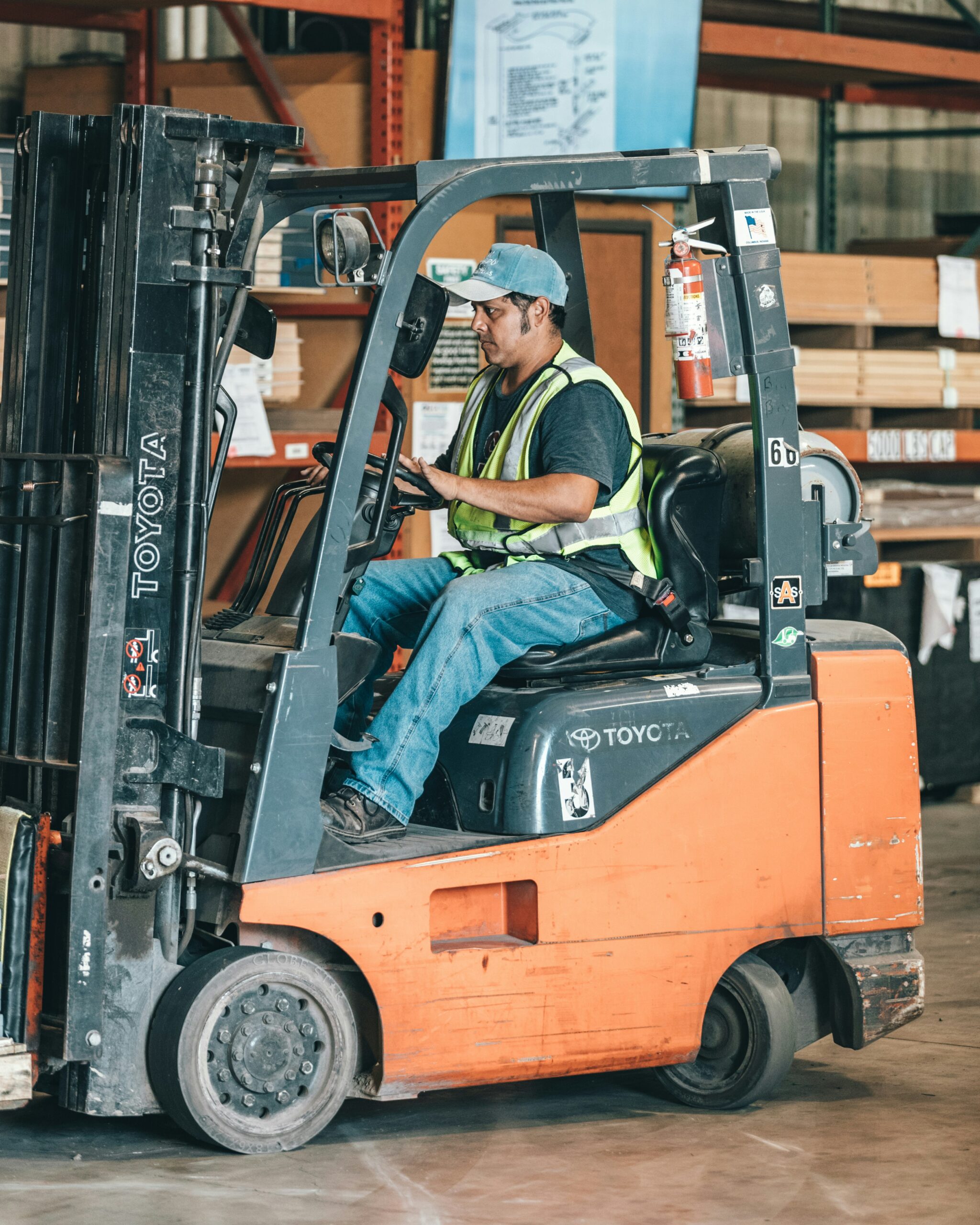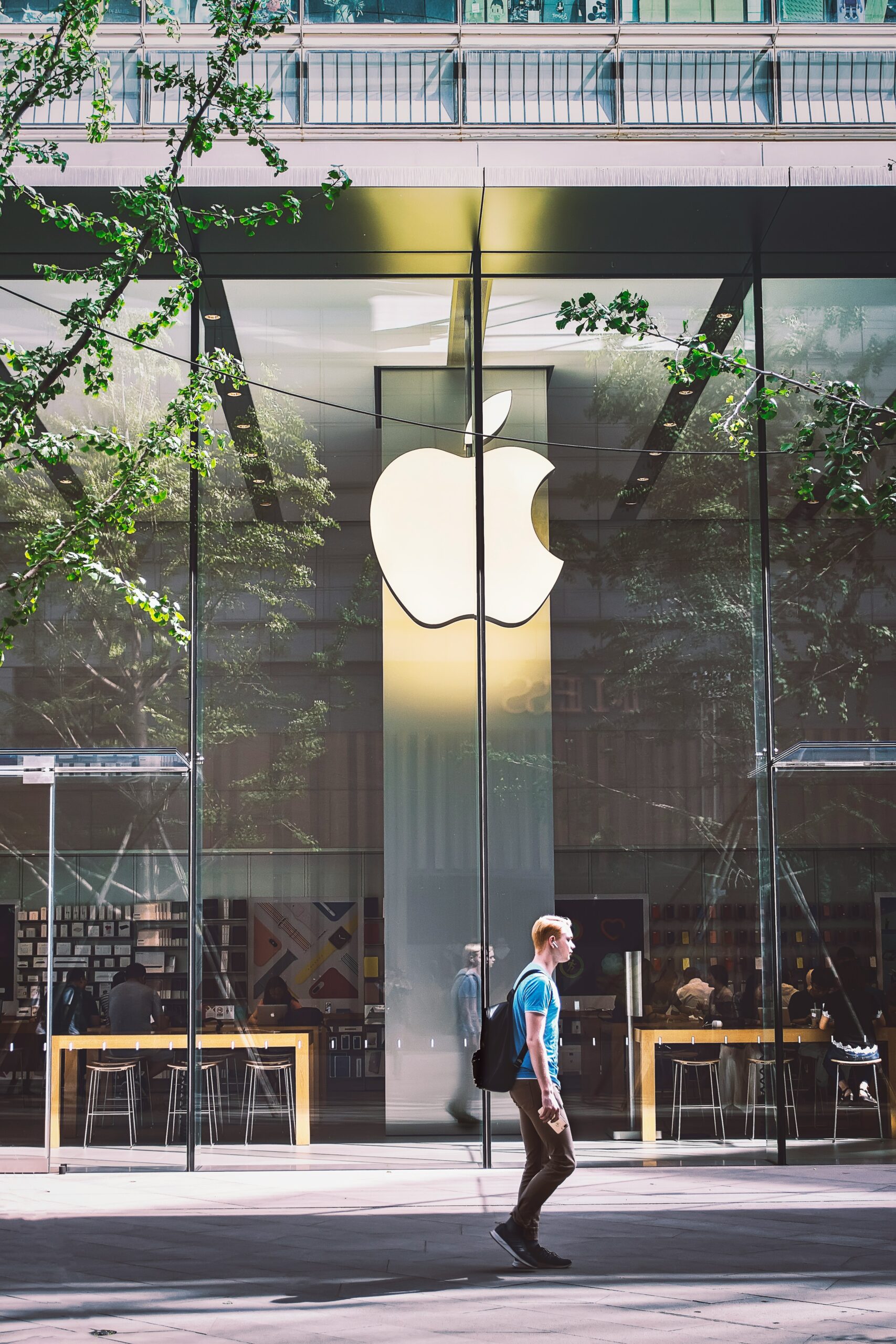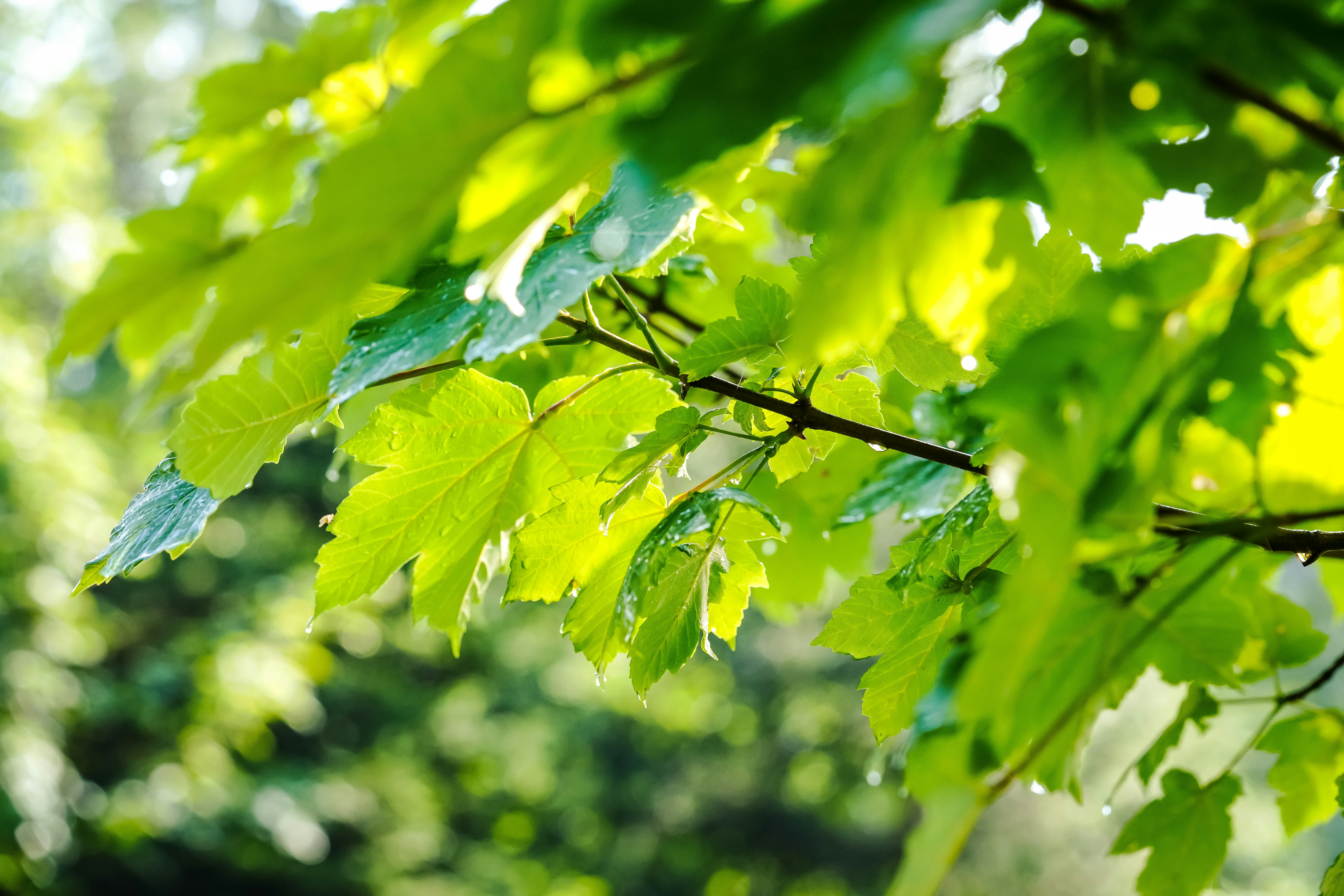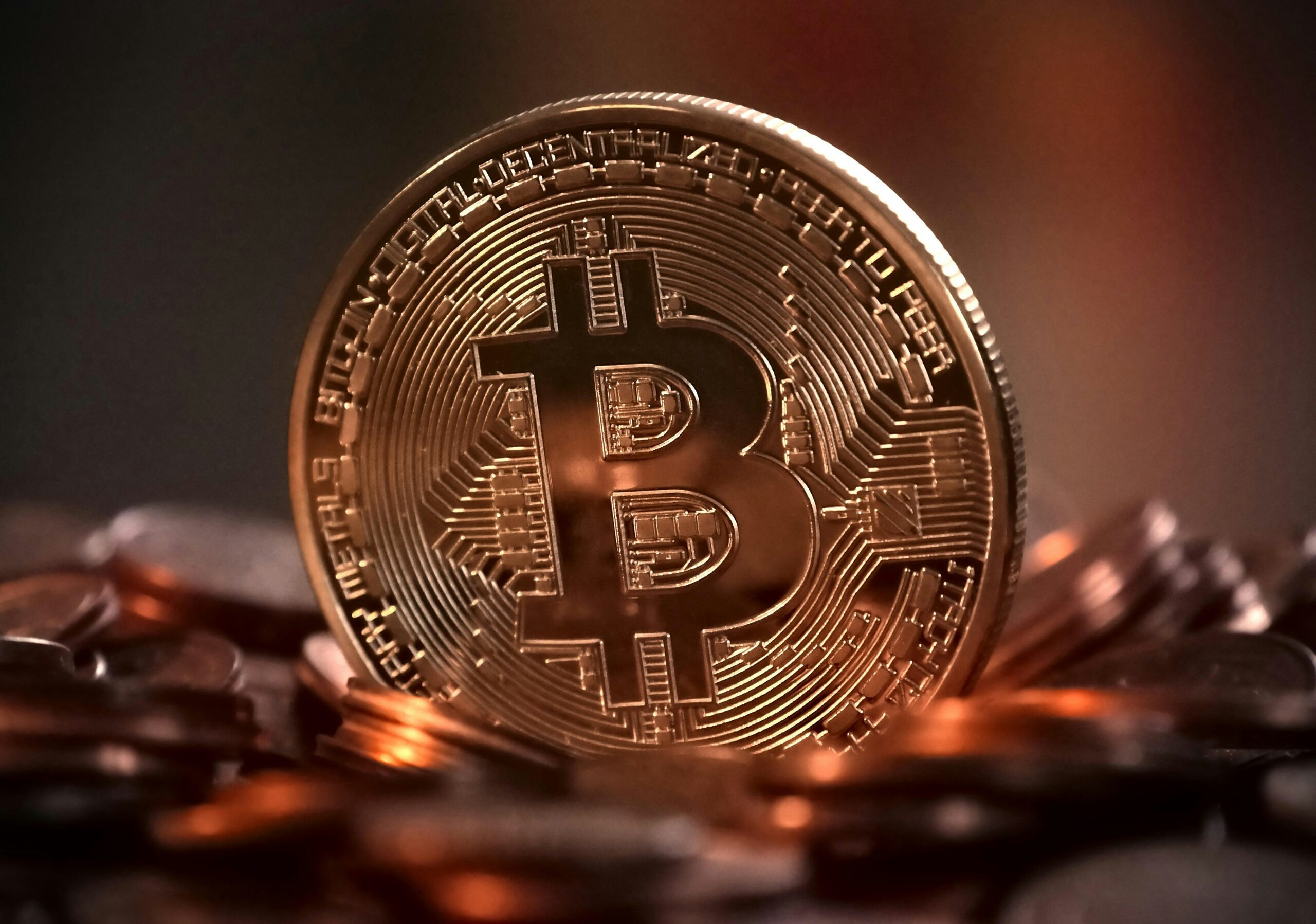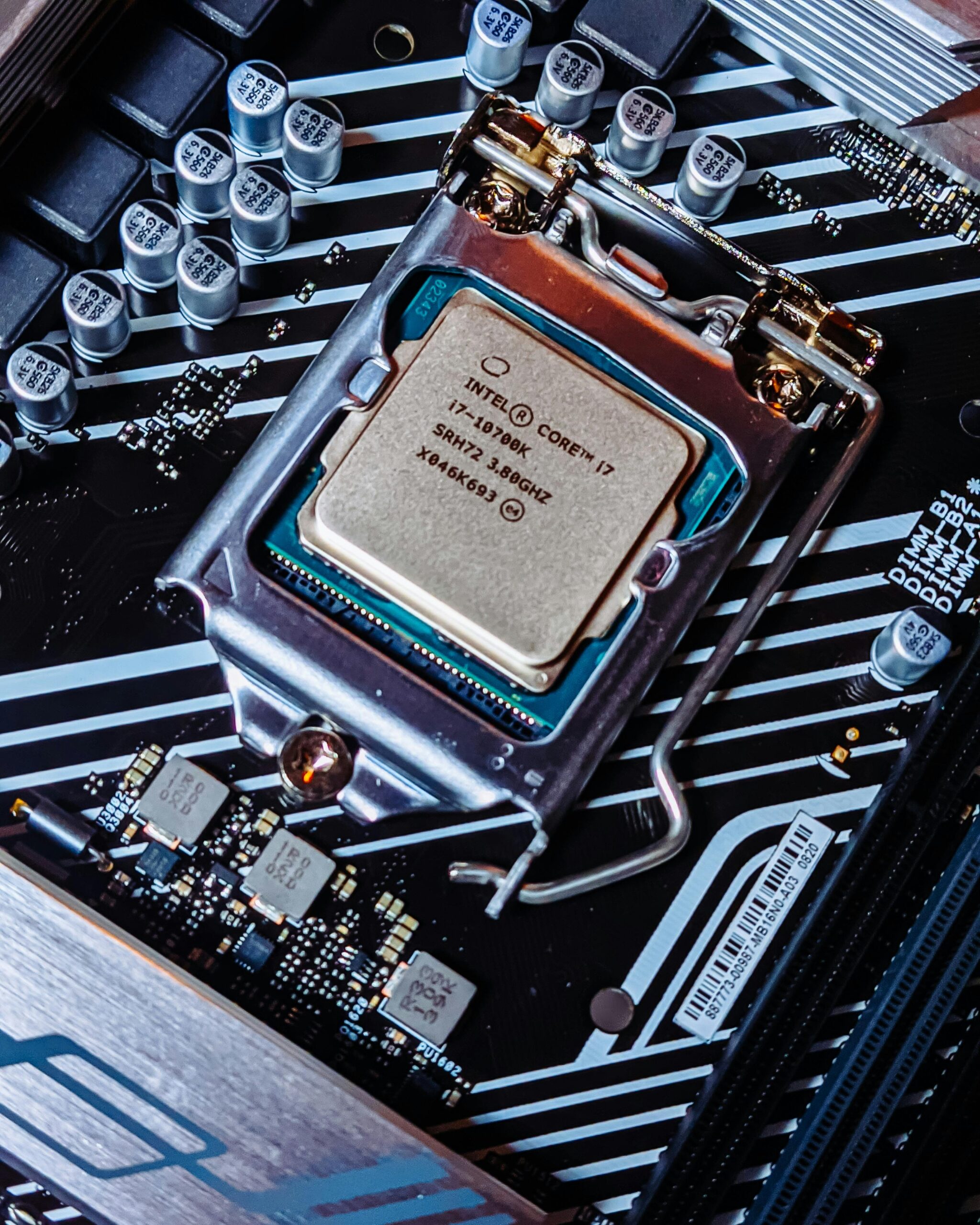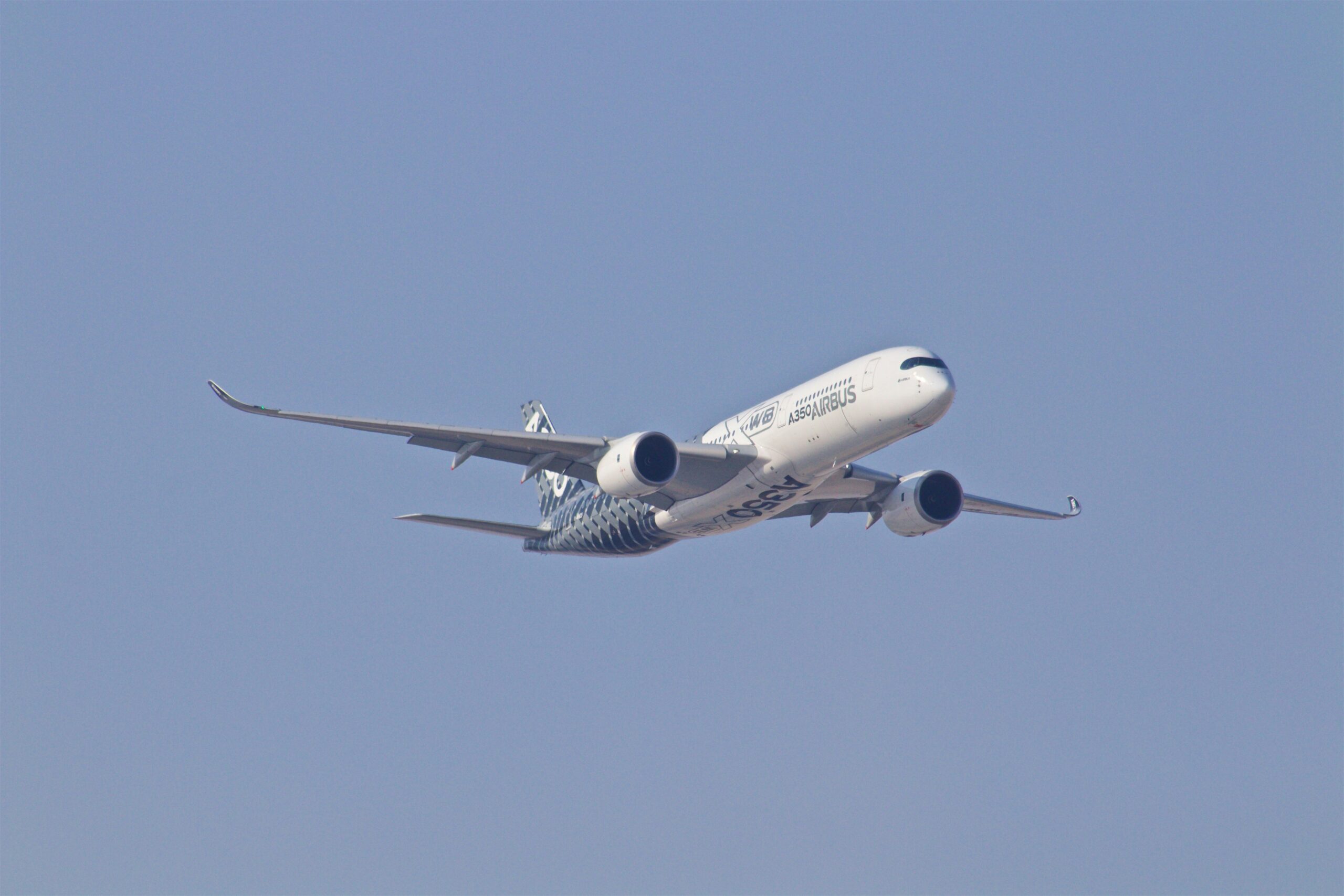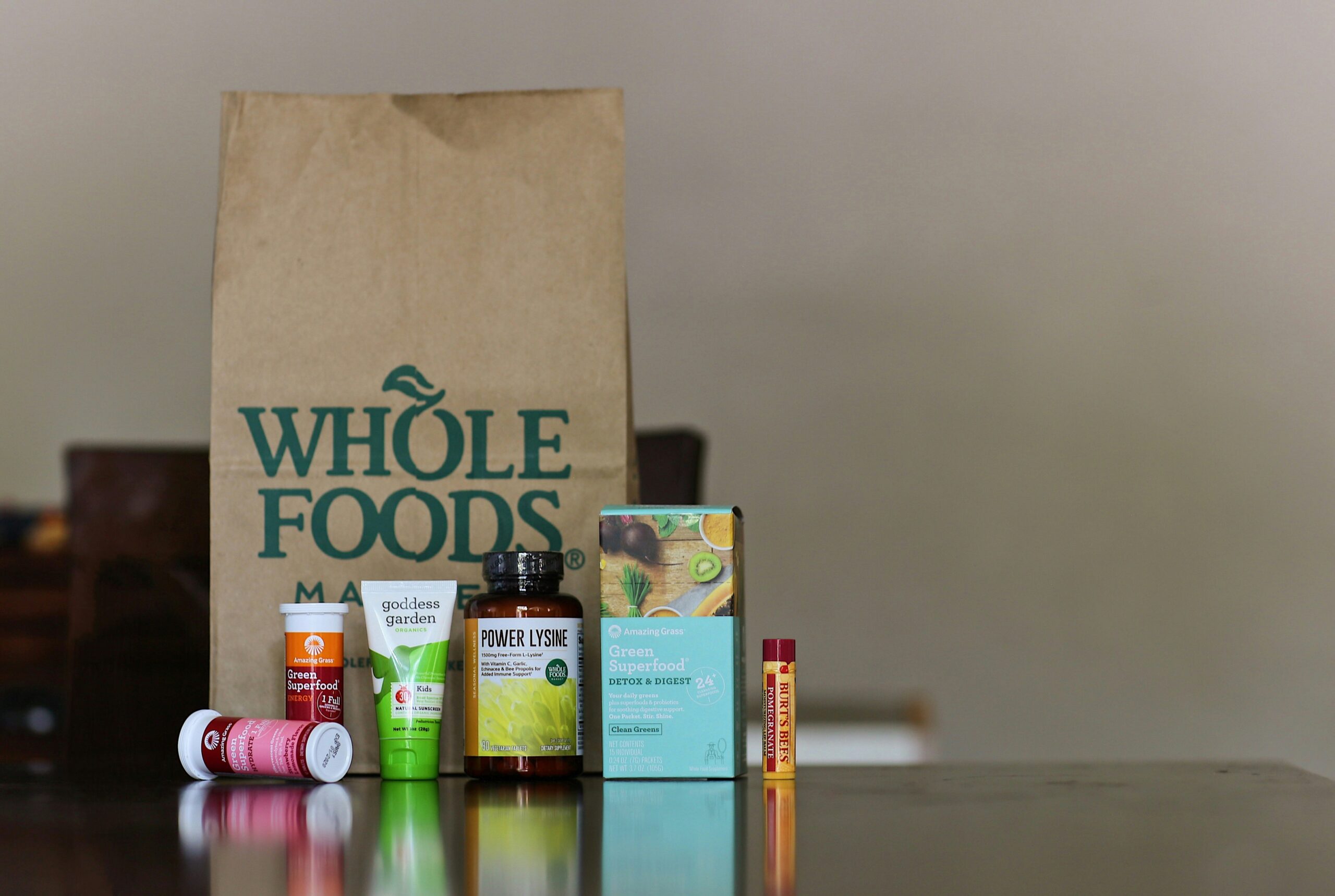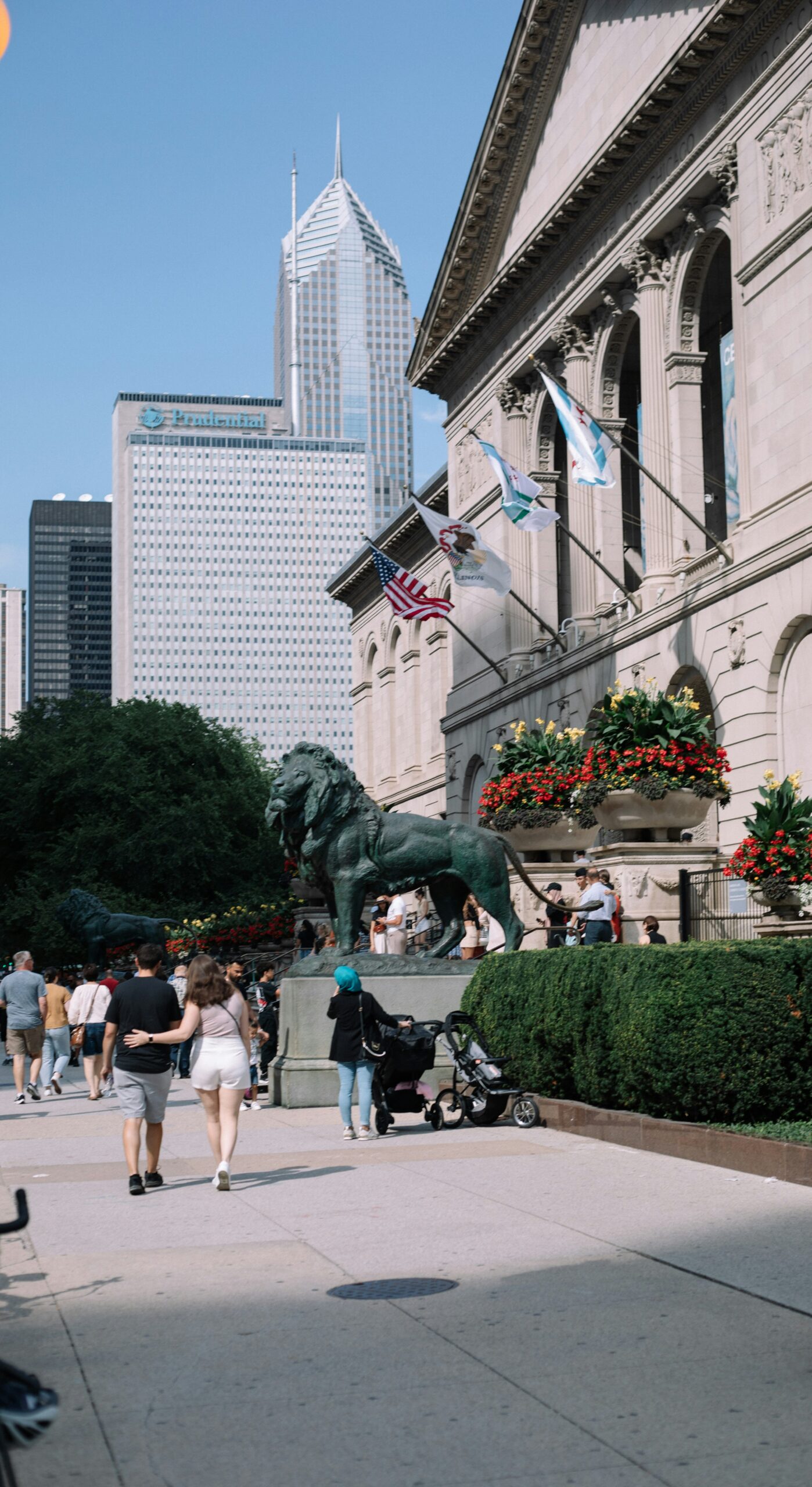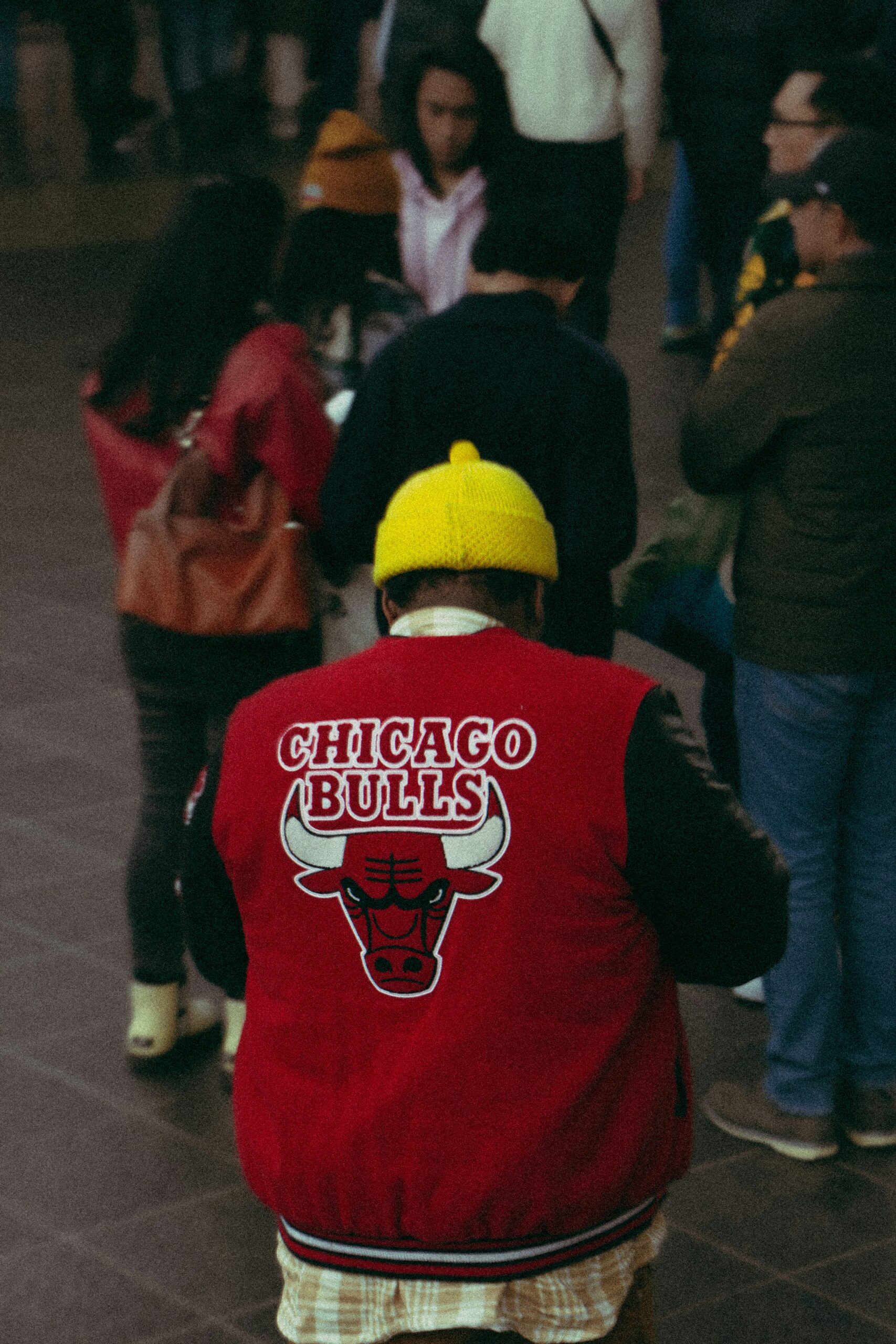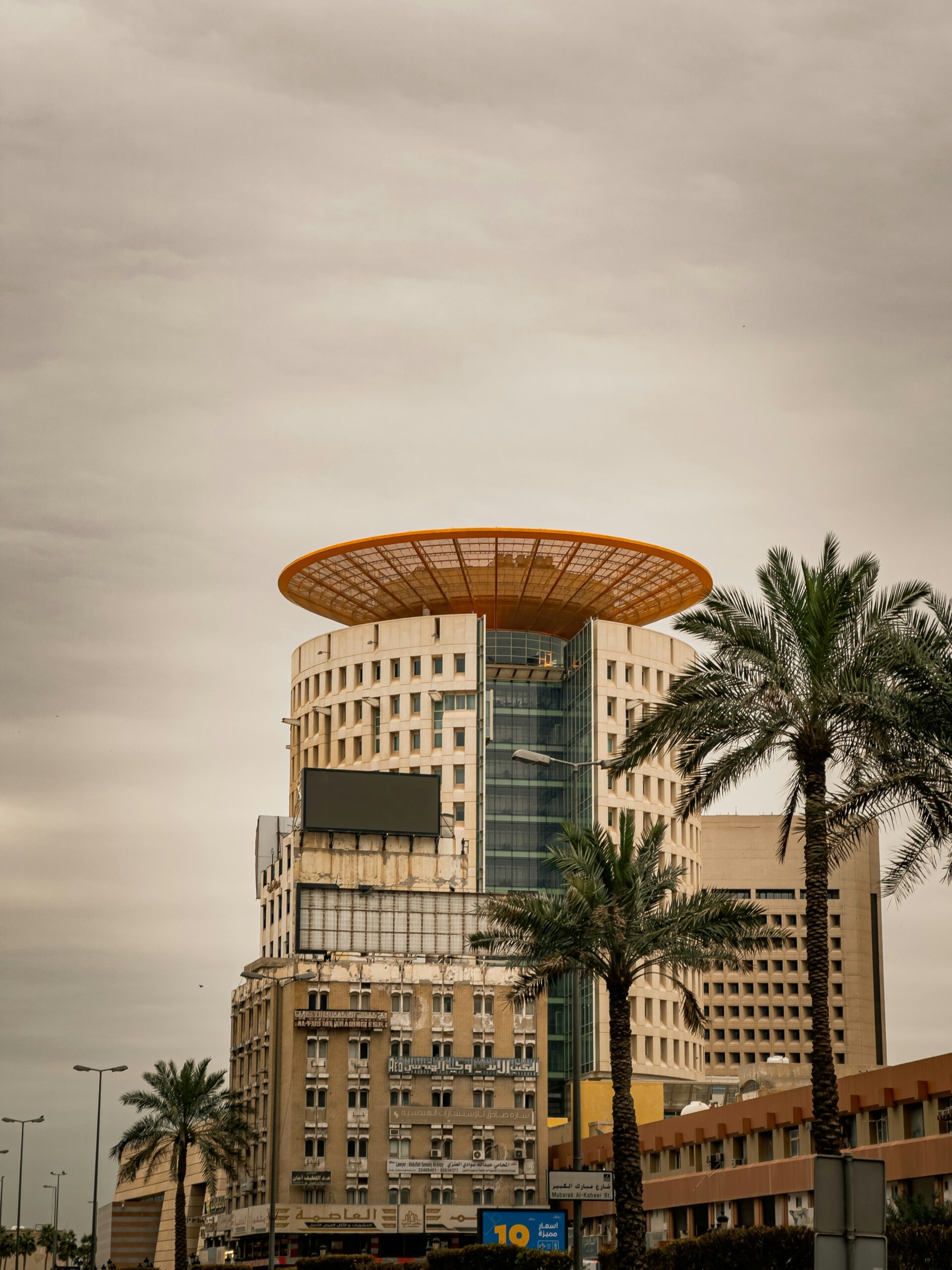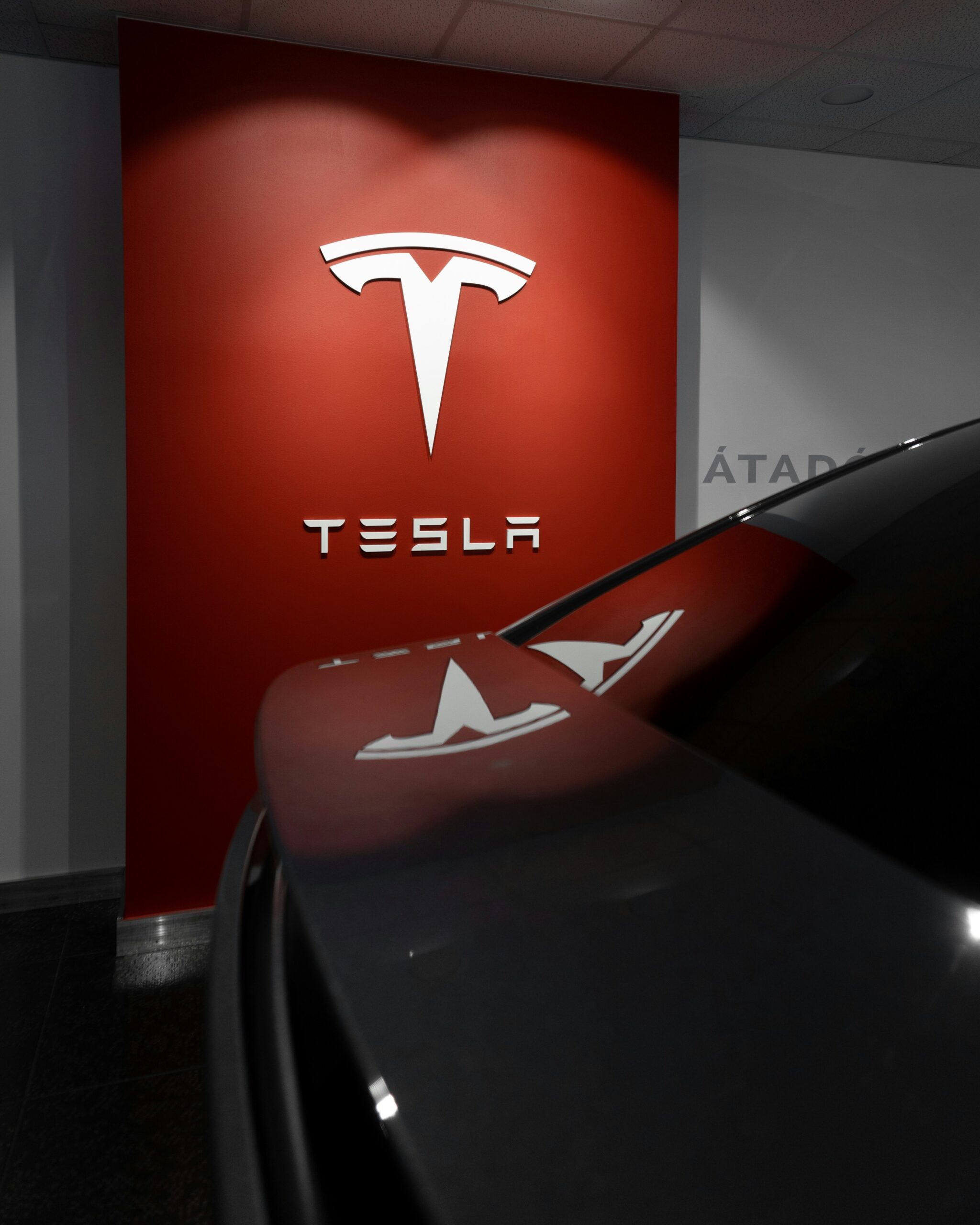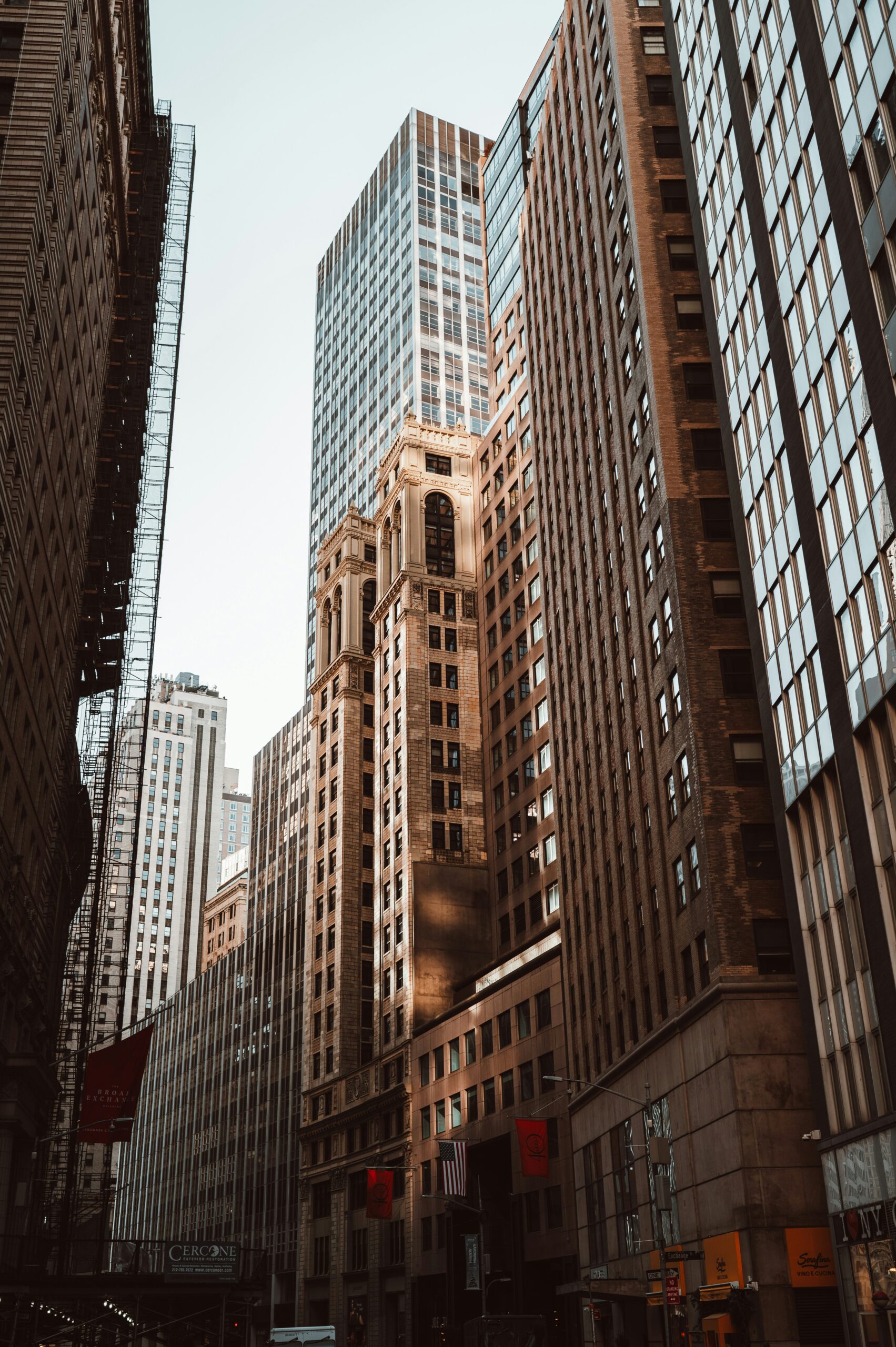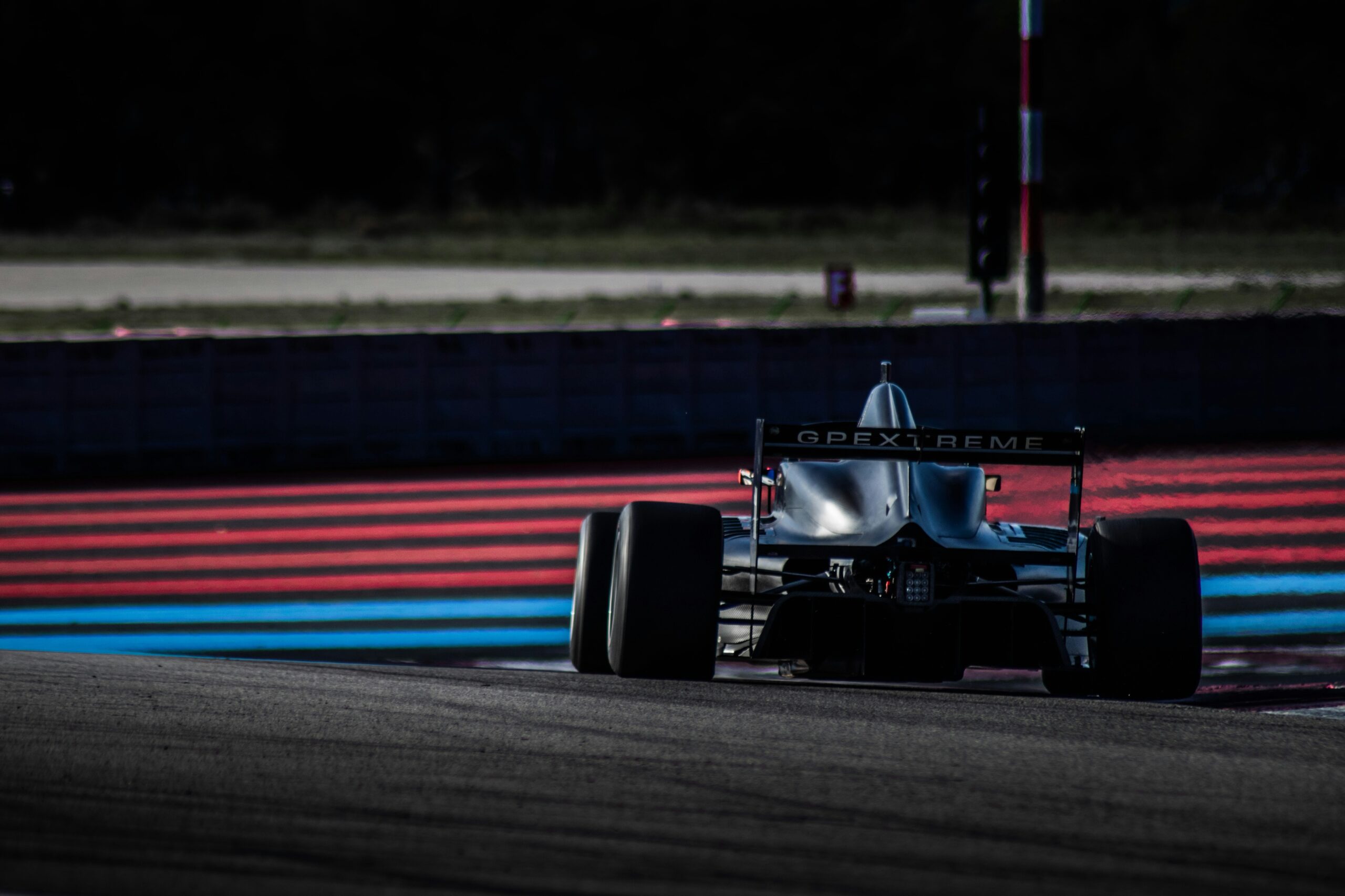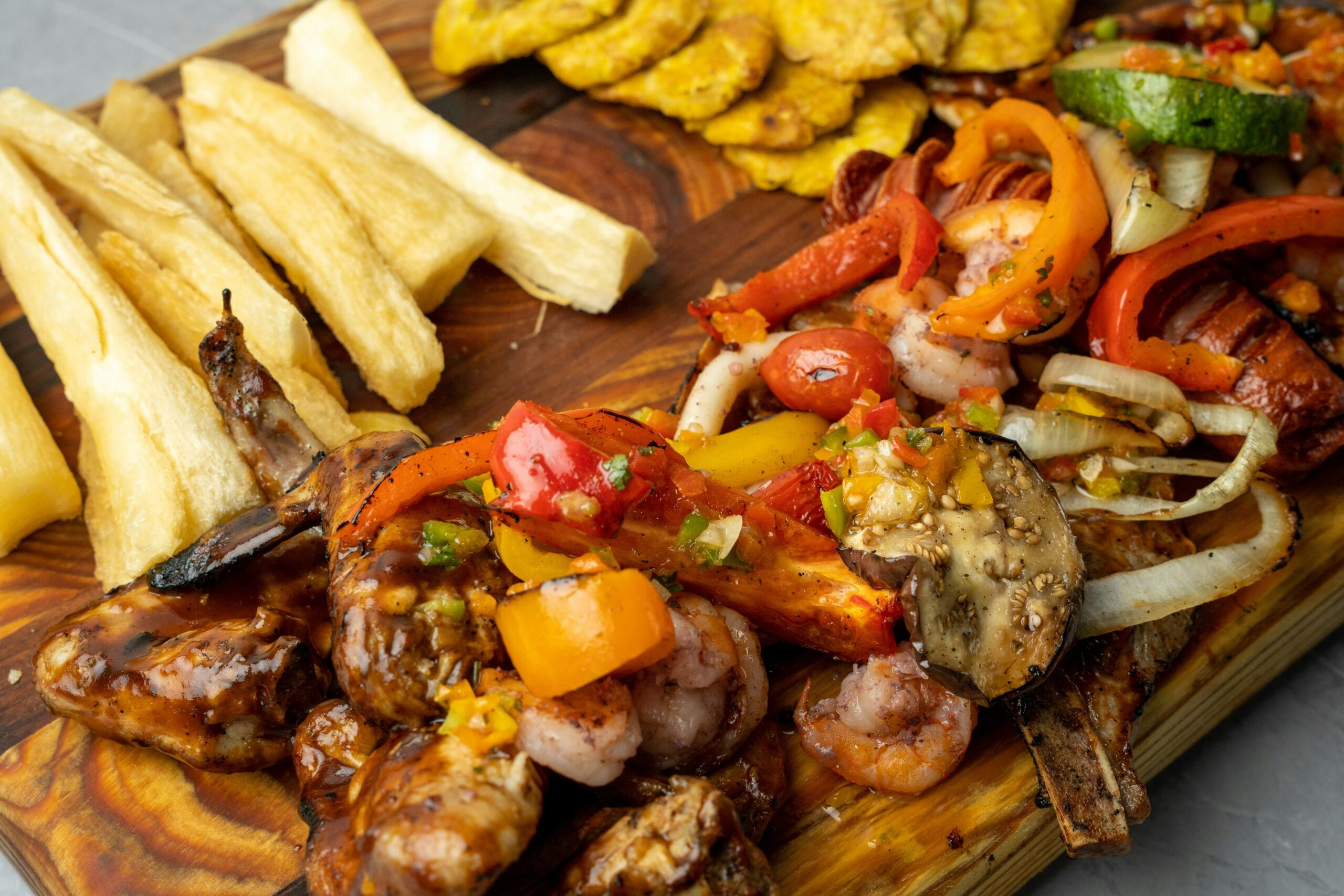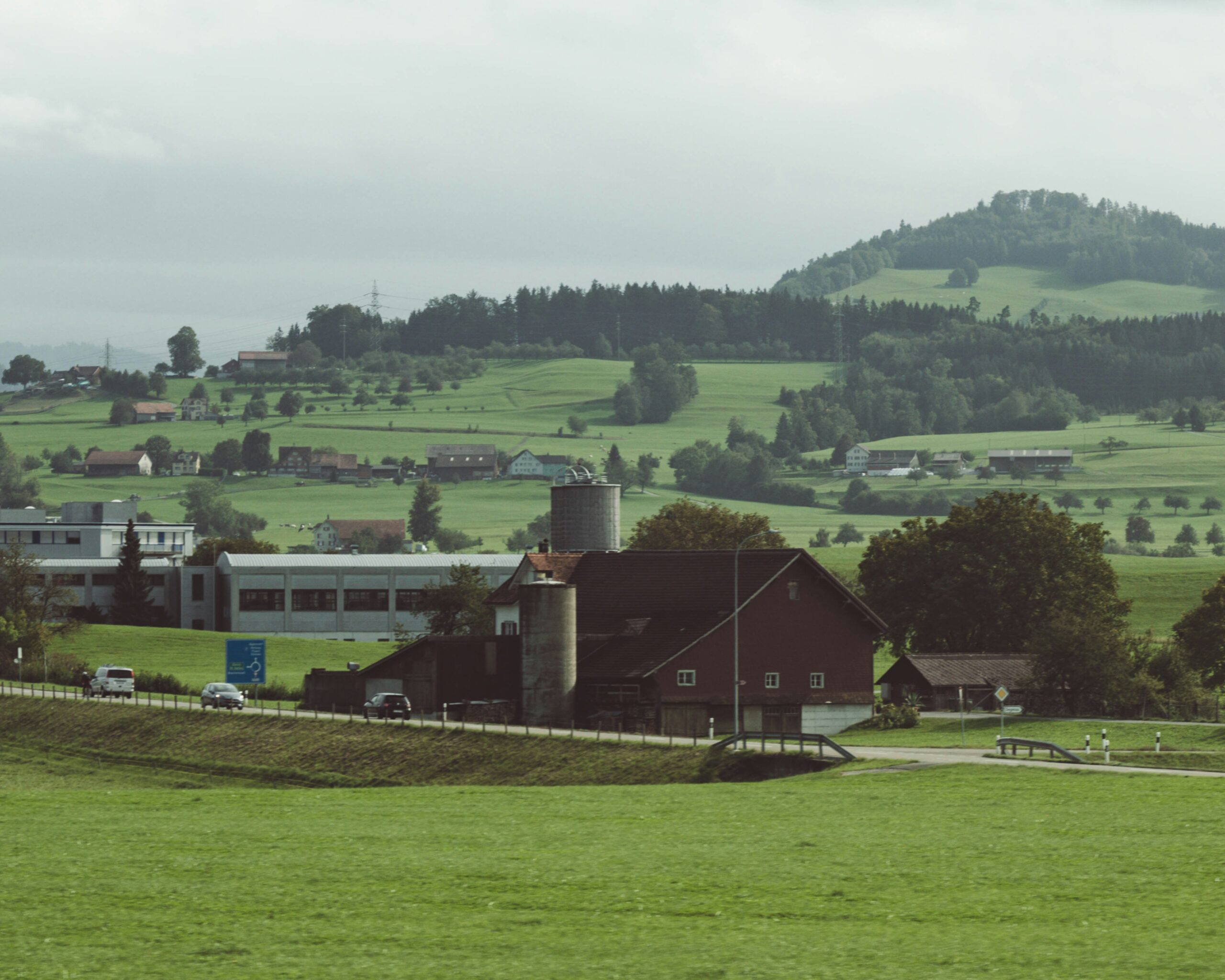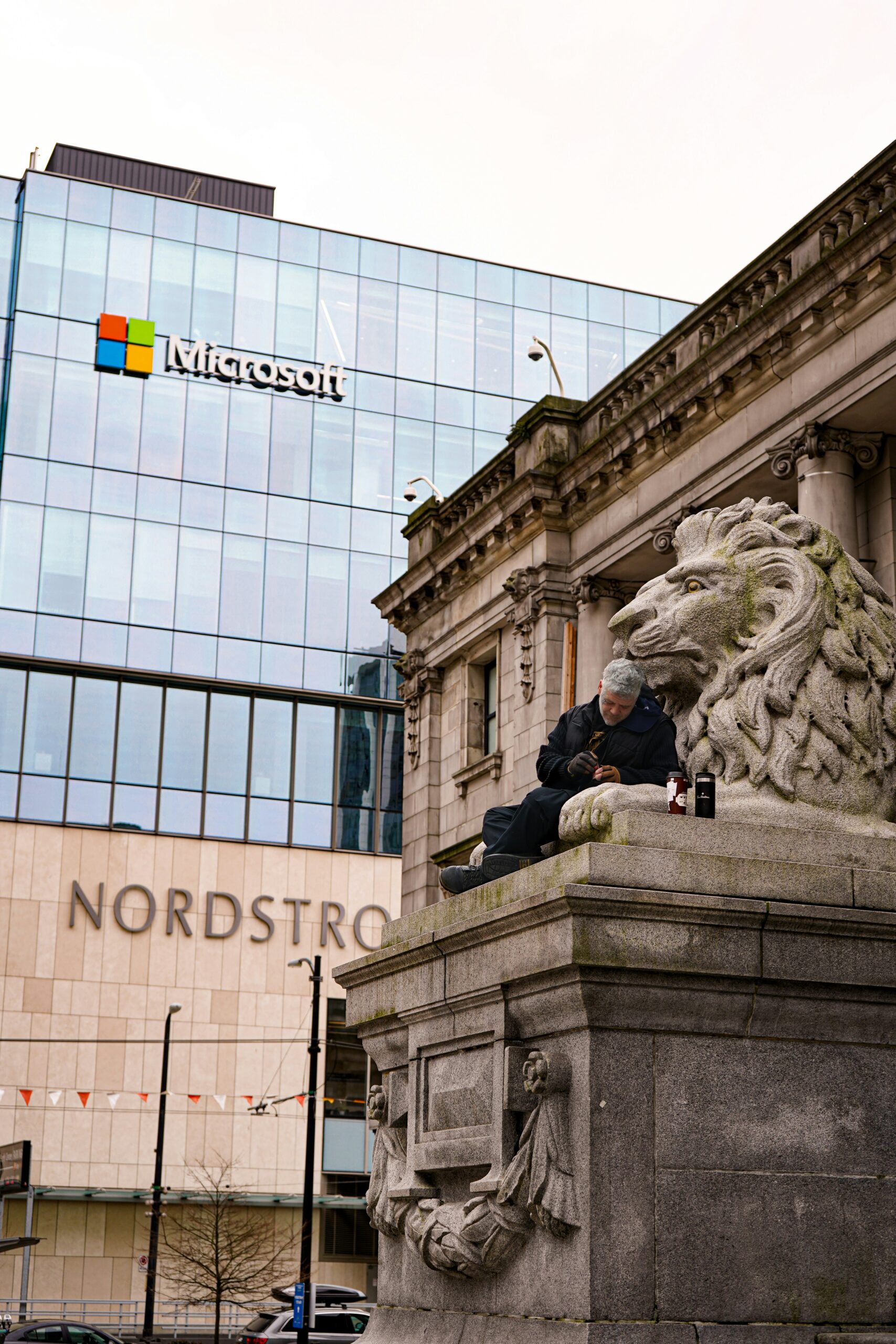Image credit: Unsplash
The American public is so used to seeing Bill Gates as a tech-forward entrepreneur that his acquisition of 275,000 acres of farmland surprised many in the public. Gates has quietly cultivated a portfolio of agricultural land, making him the nation’s largest private owner. Despite this distinction, Gates’ farmland holdings represent a mere 0.03% of US agricultural land. However, the man and the potential implications of these investments have drawn attention more than the amount of land.
These land acquisitions were detailed in the 2022 Land Report 100, triggering speculation from those who follow the mogul’s enterprises. It became the fodder of conspiracy theorists who often watch Gates, with new theories including attempts to control America’s food supply or to conduct covert climate experiments. To most, it’s more likely that he’s simply diversifying his investment portfolio.
During a 2022 Reddit “Ask Me Anything” session—which Gates conducts annually—he tried to quell the rumor mill. He insisted his motives were straightforward. “I own less than 1/4000 of the farmland in the US,” Gates wrote in a post. “I have invested in these farms to make them more productive and create more jobs. There isn’t some grand scheme involved—in fact, all these decisions are made by a professional investment team.”
Yet, in an era of heightened wealth inequality, Gates’ land purchases have drawn interesting reactions from a public whose attitudes toward billionaires and their influence are shifting. To many, Gates’ agricultural ventures seem at odds with his vocal advocacy for higher taxes on the wealthy, including himself.
Gates isn’t alone in seeing potential in America’s amber waves of grain, however. His interest aligns with a broader trend of institutional investors, who collectively poured over $12 billion into farmland acquisitions in 2021. These deep-pocketed buyers, now owning about 2% of US farmland, favor properties suited for high-value crops like fruits and nuts, especially near urban centers ripe for future development.
For some family farmers, this trend spells opportunity. Aging landowners, their children uninterested in continuing the family business, find willing buyers in firms representing investors like Gates. Others fear a future where corporations, not families, control America’s food production.
Gates’ agricultural interests extend beyond crop fields. His real estate portfolio includes properties that cater to his diverse interests: a high-tech estate in Washington, picturesque California properties, Florida lands focused on equestrian sports and a Montana ranch dedicated to conservation efforts.
As the lines between tech, finance, and farming continue to blur, Gates’ farmland investments raise important questions about the future of American agriculture. Will the influx of tech money and corporate strategies revolutionize farming practices? How might it affect food security and rural economies?
In the end, Gates’ steps into farming may be less about a “grand scheme” and more about a grand investment. But in the heartland, where land is legacy, every purchase tells a story. And Bill Gates, it seems, is writing a new chapter in American agriculture—one that intertwines silicon chips with potato chips, algorithms with alfalfa, and big investment with the heartland of American values.
One Reddit user who was afraid of the influence of the hyper-wealthy asked Gates, “Can there be ethical billionaires?” Gates answered, “Being rich can easily make you out of touch. The incentive to create new companies is still a good thing, I think. Even if taxes go up, I still wouldn’t ban anyone from being worth a billion, but that is just one opinion. I have been very lucky.”
